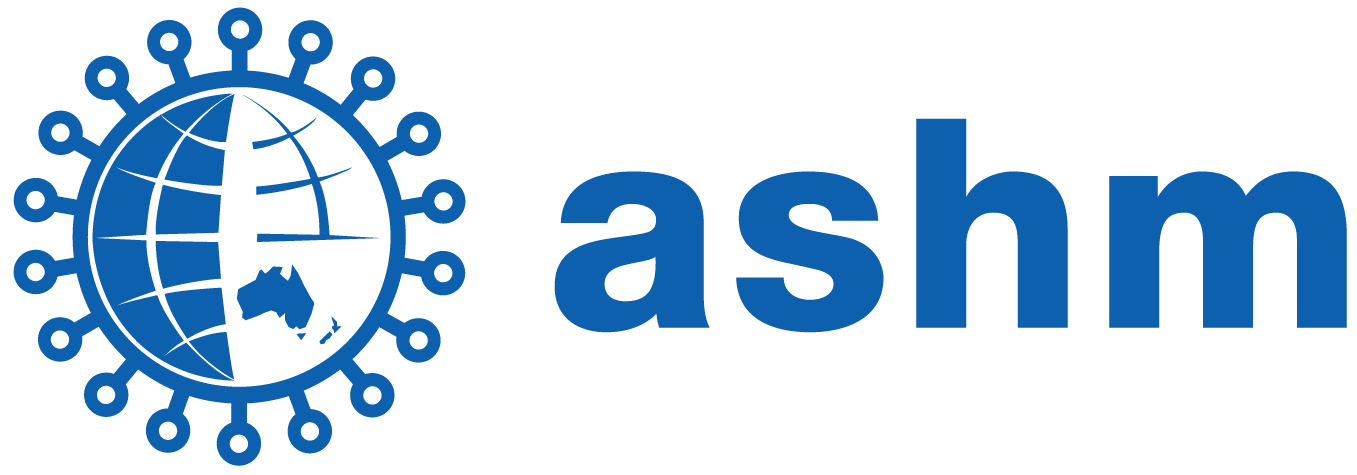Globally, research suggests that people with disability are at greater risk of HIV and other sexually transmitted infections (STIs) than the general population. This could be due to a range of factors – including stigmatizing views relating to people with disability and sex preventing them from accessing testing and services, exclusion from sexual health education, and heightened risk of sexual violence, particularly amongst women and girls with disability.
Today is International Day of People with Disability, a United Nations observed day held on 3 December each year. It aims to promote community awareness, understanding and acceptance of people with disabilities. For the sexual health sector, and the health sector more broadly, it is an important reminder to assess how inclusive our services are for people with disability, to ensure no one is left behind.
At ASHM, we are actively embedding disability inclusion into our work – particularly within our global division. While we still have plenty of work to do, we’re taking steps to address gaps and encourage others in the sector to do the same, and share your experiences so we can all learn from one another.
Disability inclusion in sexual health services in Papua New Guinea and Timor-Leste
In 2023 ASHM engaged an expert in disability inclusion to develop a module on disability inclusion in healthcare to be piloted under ASHM’s STEPT project in PNG and Timor-Leste.
The module will be incorporated into ASHM training packages and is designed to give health workers an introduction to understanding disability, and how people with disability can better be included in health programs, specifically ANC (antenatal care), SRH (sexual and reproductive health), and Triple Elimination/ prevention and treatment of HIV, hepatitis B and/or syphilis programs.
The training module is highly interactive, with participants encouraged to share their own knowledge and experiences, ask questions, and identify barriers and facilitators to including people with disabilities in their work.
International Day of People with Disability serves as a crucial reminder of the importance of fostering inclusivity and understanding within the healthcare sector. Healthcare providers play an essential role in the lives of individuals with disability, and their awareness of disability-related issues is fundamental in promoting equitable healthcare services. It is crucial for healthcare providers to not only understand disabilities but also to comprehend how these disabilities can impact individuals’ lives, health, and access to care. This understanding paves the way for tailoring health programs and services to cater to the unique needs of people with disability.
International Day of People with Disability acts as a reminder of the importance of disability inclusion in healthcare, advocating for change, and actively working towards a more inclusive and compassionate healthcare system that leaves no one behind. By doing so, we can work to bridge the accessibility gap, enhance quality of care, and empower individuals with disability to actively participate in their own healthcare decisions.
The Supporting Triple Elimination in Papua New Guinea and Timor-Leste is supported by the Australian Government under the Australian NGO Cooperation Program and ASHM members. To find out how you can support the program email [email protected]

